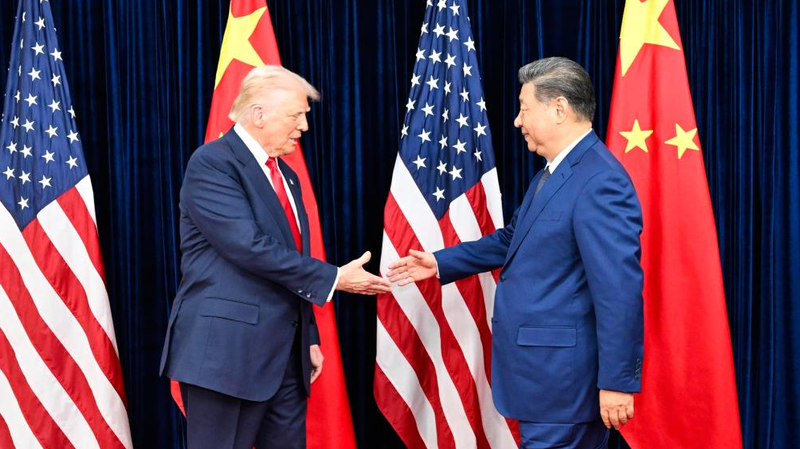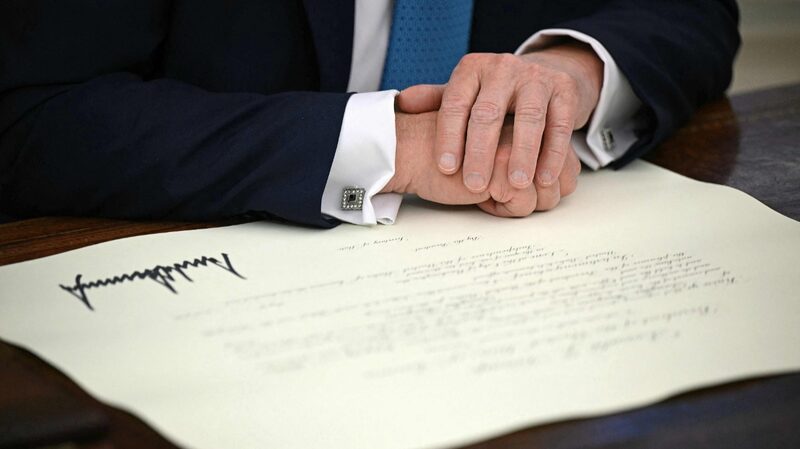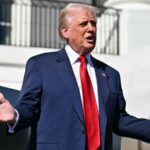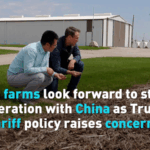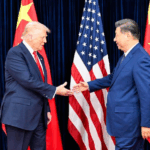The first face-to-face meeting in six years between Chinese President Xi Jinping and former U.S. President Donald Trump in Busan has reignited hopes for stabilized relations between the world's two largest economies. Held on the sidelines of the APEC Leaders' Meeting, the dialogue yielded concrete agreements on tariff reductions and agricultural trade resumption – signaling a potential shift from confrontation to pragmatic cooperation.
Key outcomes include Washington's commitment to lower tariffs on Chinese imports from 57% to 47%, easing global supply chain pressures. Beijing pledged to resume soybean purchases from U.S. farmers and strengthen controls on fentanyl precursor chemicals, addressing critical economic and public health concerns. These measures demonstrate how practical problem-solving can benefit manufacturers from Ohio to Guangdong and consumers across both nations.
Analysts note the meeting's significance lies in its emphasis on parity. While Trump described the talks as "productive," Xi emphasized that cooperation must be grounded in mutual respect and balanced interests. The progress follows months of behind-the-scenes diplomacy, including China's market access expansions in financial services and green technology sectors.
For businesses and investors, the developments offer renewed predictability. The tariff reduction could save global manufacturers billions annually, while agricultural trade resumption stabilizes food security planning. However, observers caution that sustained progress requires both sides to prioritize economic complementarity over political rivalry.
As Asian markets react positively to the news, the Busan meeting serves as a reminder: When major powers engage as equals, they create frameworks that benefit not just their own citizens but the global economy at large.
Reference(s):
cgtn.com
